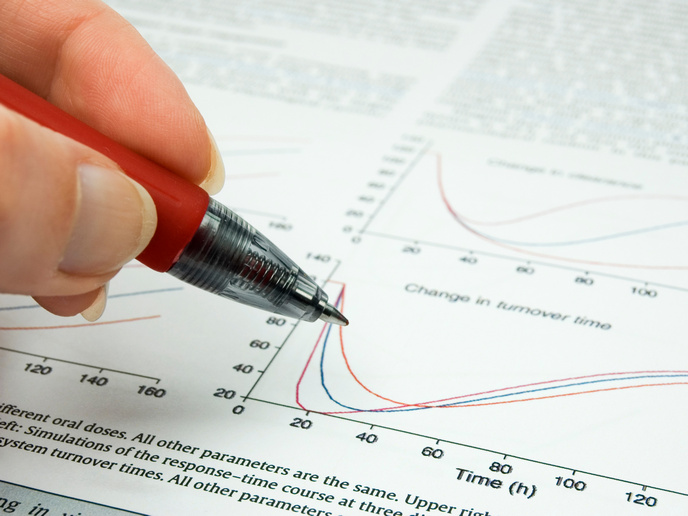The role of rationality and emotions in legal decision-making
Legal decision-making has traditionally been viewed as a purely rational process, free from emotional influence. Objectivity, seen as the foundation of the rule of law, is often equated with reason alone. Public trust in the judicial system depends on courts being perceived as unbiased and impartial, ensuring decisions are fair.
Redefining objectivity in decision-making
However, research has shown that this conventional legal understanding of objectivity as ‘pure reason’ is flawed. Emotions are not irrelevant but play a critical role in rational decision-making. They guide professionals in evaluating evidence, attributing blame and considering the consequences of their actions. The EU-funded JUSTEMOTIONS project was established to disentangle how emotions come into play in a rational process previously understood to be exclusively cognitive. “We challenged the false dichotomy between rationality and emotion, showing that emotions such as curiosity, doubt, certainty, professional pride and distaste for wasted time are essential for objective decision-making,” notes project coordinator Stina Bergman Blix. “By studying criminal cases in different legal systems, we examined how cultural contexts shape the emotional-cognitive components of legal practice.” JUSTEMOTIONS also developed a powerful methodology to analyse decision-making in real-life practice. Project findings clarify the tensions between common sense justice and legal justice, which can sometimes question the legitimacy of the legal system.
How emotions shape legal decision-making across different law systems
A major achievement has been the creation of a unique dataset, combining observational data from real-life court hearings and deliberations with interviews and written judgments from legal professionals. “This approach provided an unprecedented understanding of how legal decision-making unfolds in practice, moving beyond the limitations of experimental studies and mock juror research,” states Bergman Blix. The research highlighted the importance of ‘epistemic emotions’ – feelings such as curiosity, doubt, scepticism and certainty – which are openly acknowledged by legal professionals as essential tools in their work. “Unlike emotions such as anger or sadness, often viewed with suspicion, these ‘orderly feelings’ are regarded vital for rational decision-making. This blurs the traditional dichotomy between emotion and rationality, encouraging legal professionals to reflect on the role emotions play in their practice,” adds Bergman Blix. Researchers also examined ‘disorderly feelings’ including anger, which, despite being conceived as irrational, can be systematically used by high-status legal professionals to address legal problems. For instance, the study found that judges and prosecutors in common law systems, such as in the United States and Scotland, often incorporate moral evaluations into their decisions. By contrast, civil law systems such as those in Sweden and Italy, prioritise correct processes over moral reasoning. Another interesting finding has been that judges who share uncertainties in deliberations and reach joint conclusions express a stronger sense of independence and certainty in their decisions. This collaborative process strengthens their confidence in having considered multiple perspectives.
Revising the role of emotions in legal practice
The law is often viewed as the ideal of rationality, reinforcing the rationality-emotion dichotomy. Nevertheless, “JUSTEMOTIONS reveals a strong interest among legal practitioners in opening the ‘black box’ of decision-making. By providing tools to differentiate emotions and examining how their timing affects their role, the project opens issues raised by emotion up for professional reflection. Furthermore, it shows how deliberations can be organised to promote reflection and regulation of emotions, fostering interaction between actors as well as rulings,” concludes Bergman Blix.







